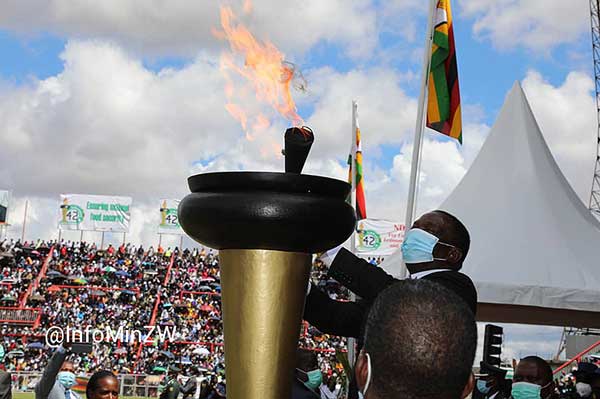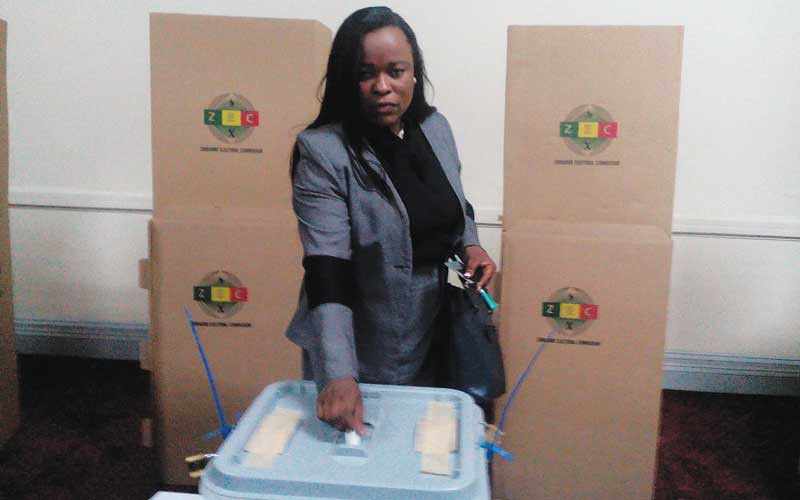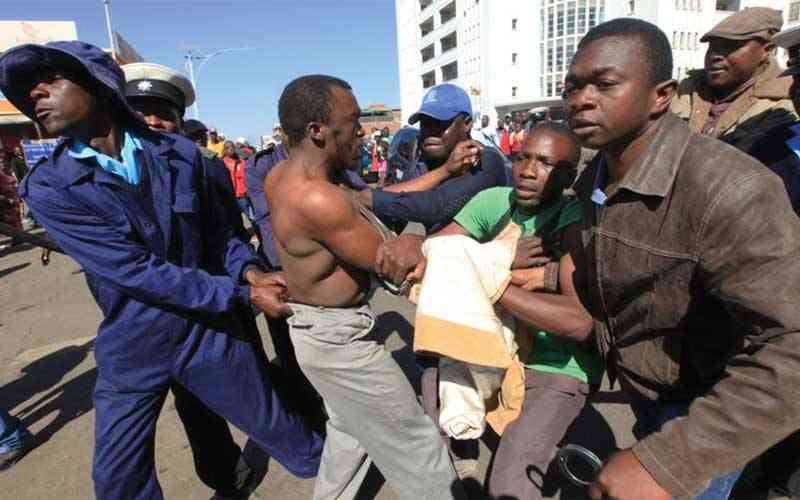
Zim @42: Where exactly did we go wrong?
IT really pains me when I look at what my country has become today, four decades into independence. We have regressed so much.
I couldn’t think that one day I would board a plane to a war-torn country like Somalia, but I did in December 2008 and lived there for a year in a shanty town called Galckayo about 750km from Mogadishu.
That was the year I left the police force because of poor working conditions.
Zimbabwe used to be a land of milk and honey as it used to have one of the strongest currencies in the region, but everything fell by the wayside. Today, Zimbabwe is now something else.
Born in the early 1970s, I was lucky to witness the dawn of a new era.
I happened to see the last months of the colonial era, witnessed it’s bad and good sides.
Though under sanctions, the Ian Smith regime thrived, making sure that its population (both white and black) had enough to eat, affordable fuel, a good healthcare system and good road network. It also had a functioning economy — people were employed on shifts night and day.
- Chamisa under fire over US$120K donation
- Mavhunga puts DeMbare into Chibuku quarterfinals
- Pension funds bet on Cabora Bassa oilfields
- Councils defy govt fire tender directive
Keep Reading
Electricity was always available throughout the year and we had running and clean water in our suburbs. We rarely encountered sewage on streets.
The black government led by the late Robert Mugabe inherited a polished gem.
Zimbabwe had a false start in 1980, the revolution lost its lustre along the way unlike other African States.
I vividly remember going to do some shopping with my mother and would come back home with a basket full of groceries worth only $2.
Things were affordable and readily available. We produced our own products save for a few which we imported.
At school, we would get a stationery for free. Later things started changing. We failed to maintain the status quo.
Years, later we started witnessing economic mismanagement.
The idea of taking back land and giving it to the rightful owners was not bad, but it was done haphazardly.
The agricultural sector, which is the economy’s mainstay, caught a cold and Zimbabwe sneezed.
Most companies started closing, relocating to neighbouring countries citing a poor economic environment and today they continue to change goal posts with the latest to leave being Standard Chartered Bank which is looking to close its business in Zimbabwe, while opening a new regional office in Zambia. –Leonard Koni
Let’s all cherish the gains of independence
IT is not untrue that a lot of Zimbabweans are still trapped in poverty and something worthwhile should be done to create a conducive environment for all.
A lot still needs to be done.
Honestly, it has been a tough journey, but we have to take this great opportunity to cherish the sacrifices of our brothers and sisters who laid their lives on the cross to liberate us from the brutal colonial rule.
They played a pivotal role in the liberation struggle to be what we are today.
Lest we forget!
I also want to thank all political leaders who managed to attend this year’s Independence Day celebrations in Bulawayo yesterday.
This simply means that we are all Zimbabweans regardless of political affiliation.
Happy birthday Zimbabwe! –Terrence Mwedzi
No independence without gender equality
THE Women’s Academy for Leadership and Political Excellence (Walpe) joins the rest of the country in commemorating Zimbabwe’s 42nd Independence Day. We salute the gallant freedom fighters that bravely made the ultimate sacrifice for the liberation of our beloved Zimbabwe. This years’ celebrations are being held under the theme, Zim@42 — Leaving no one and no place behind.
Throughout the 42 years of independence, women’s freedom and rise in various sectors has increased.
We have seen more women rise to positions of leadership despite having odds stacked against them. For example, the country now has female chiefs, a position that was formerly the preserve of men. While brave young women risked their lives for the country, attainment of gender equality in all spheres of life is still to be achieved.
This is evidenced by the March 26, 2022 by-elections were less than 20% of women won both the National Assembly and local government elections.
Walpe believes that through continuous advocacy for gender equality and empowerment, women can achieve their potential.
Research states that having more women in leadership positions gives people confidence to participate in workplace activities and promotes development in a country, Walpe, therefore, calls on government to:
- Uphold and preserve the gains of independence by applying the Constitution fully and ensuring that women are afforded the opportunity to lead.
- Ensure safe spaces for women and young women to participate freely in politics without the fear of violence, harassment, intimidation and cyber-bullying.
- Also provide adequate and equal funding for women to participate to their full potential in political campaigns.
With that in mind, Walpe’s 2,2 million votes for women from women campaign aims to engage and mobilise 2,2 million women across the country to register to vote for women candidates in 2023 elections and beyond.
The campaign is as a result of the dwindling numbers of women elected and appointed to leadership and decision-making positions such as councillors, Members of Parliament, Cabinet ministers or other high-level government positions.
Currently, women are severely underrepresented in all leadership positions as evidenced by the fact that they occupy only an estimated 15% of leadership positions nationwide which is far below the requirements of sections 17, 56, and 80 of the Zimbabwean Constitution that mandate gender equality at all levels of leadership. – Walpe











